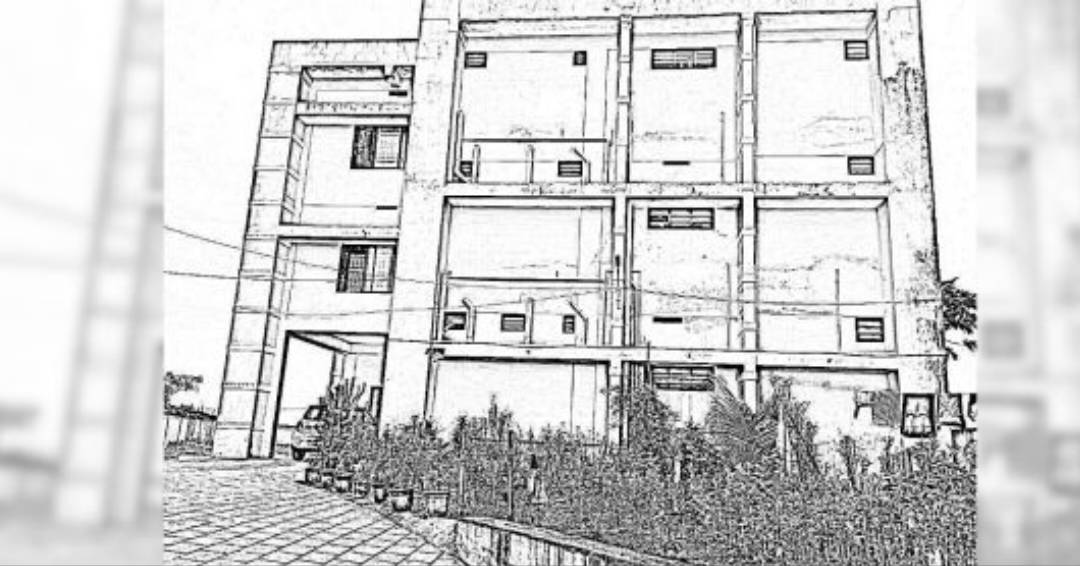
Adarsh (9), a Class III student, would consistently resist returning to Savitribai Phule Memorial Ashram School, his residential school, due to a distressing experience. His mother, Seena Ravi, recounted his fear of a caretaker who subjected children to punishment, making them stand on one leg for hours or kneel on the ground. Seena expressed her concern, stating that while discipline is important, this form of punishment was unacceptable.
This ordeal was not unique to Adarsh. Numerous students in the school, located in Kundamkuzhi within Kasaragod’s Bedadka panchayat, shared his dread of returning to the hostel-school environment. The caretaker responsible for such punishment was eventually transferred, but this incident only scratched the surface of a larger issue: the inadequate management of the school by the State government.
The school’s problems extended beyond punitive measures. Students suffered from scabies due to poor hygiene and improper laundering of clothes. Bhaskaran, a parent, explained that his daughter’s clothes were often mixed up after laundry, leading to rashes and itching. Even Seena’s son and nephew had contracted scabies, and the doctor recommended steaming their school clothes and blankets to eliminate mites.
Initially established in a rented building in 2017, the residential school was intended to cater to low-income tribal families. Over time, classes were added, but the shift to a new pre-matric hostel in Kundamkuzhi in 2019-2020 led to overcrowding issues. The school’s dormitories lacked sufficient space, and students shared beds. Apart from the overpopulation, the lack of cleanliness and organization was evident: shoes piled up, wet clothes were dumped on the terrace, and uniforms were stored alongside regular clothes.
While a new school building was planned, it faced delays and bureaucratic hurdles. The government’s sluggishness in sanctioning funds and approvals caused further frustration. Meanwhile, students suffered from contaminated water, with 80 falling ill due to E. coli contamination in the borewell.
In addition to the physical discomforts, the school’s educational aspects were severely lacking. The government had not appointed regular teachers, and recognition for Classes V, VI, and VII was missing. This impacted students’ participation in extracurricular activities and their overall development. Despite these challenges, parents acknowledged the dedication of teachers who managed to teach and care for students under difficult circumstances.
In conclusion, the plight of students at Savitribai Phule Memorial Ashram School in Kasaragod reflected a larger pattern of mismanagement, inadequate infrastructure, and neglect by the State government. The issues spanned from disciplinary problems and poor hygiene to overcrowding and lack of recognition. The article shed light on the harsh realities these young students faced daily, underscoring the urgent need for reform and betterment in their educational environment.

Post Your Comments